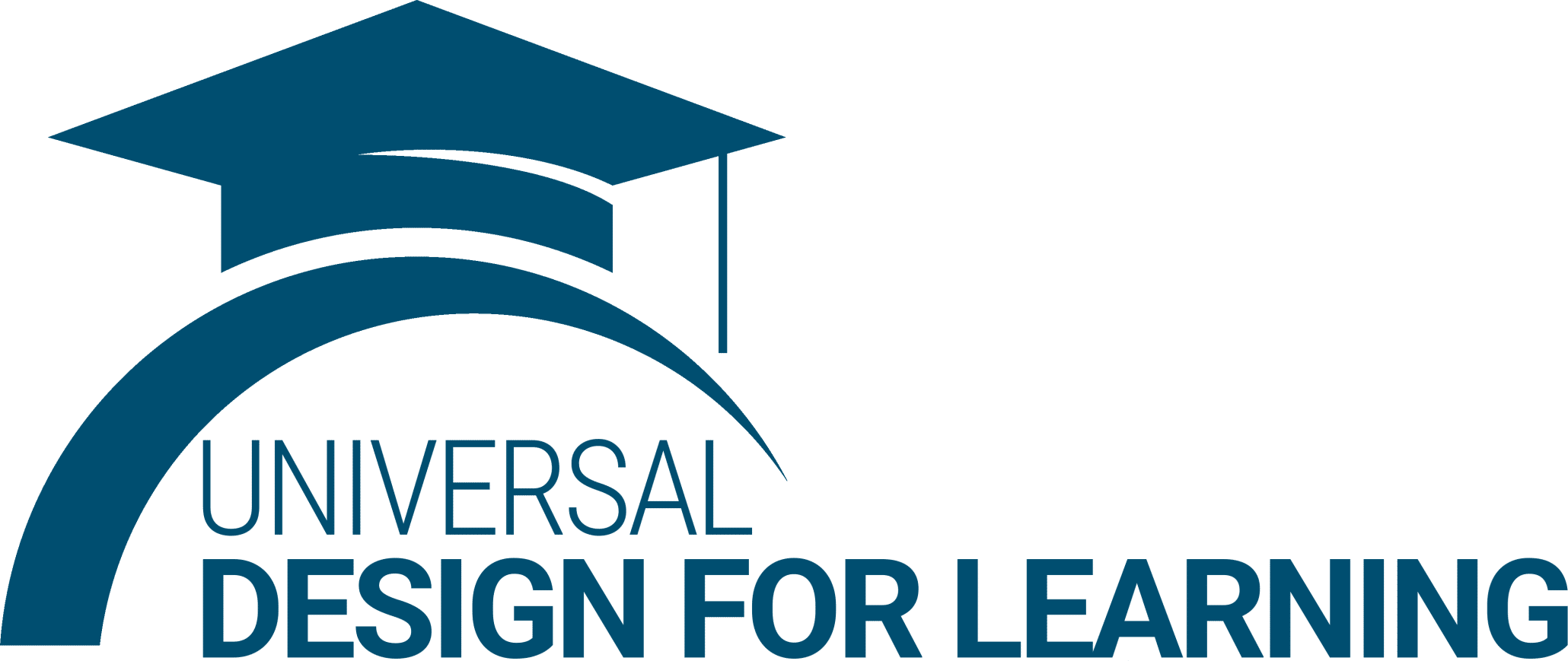The cornerstone of effective education isn’t just delivering information but assessing understanding. However, traditional assessment methods often fit into a one-size-fits-all mold that doesn’t cater to the diversity of learners in today’s classrooms. The UDL Assessment Checklist ensures that assessment techniques are as diverse, innovative, and inclusive as the teaching methods used to deliver the content.
Every student is a universe of potential, and they often shine brightest when given a choice in how they express their understanding. By ensuring clarity, embracing varied expression avenues, and embedding timely feedback and self-reflection mechanisms, educators set the stage for genuine growth and deep understanding. Dive into our UDL Assessment Checklist to infuse your evaluation methods with a spirit of inclusivity and innovation.
Multiple Means of Expression
Like artists with different mediums, students have varied strengths in expressing their understanding. Allow them the flexibility to demonstrate knowledge not just through traditional tests, but also via projects, presentations, or even creative narratives. This not only caters to their strengths but often leads to deeper and more nuanced understanding.
Clarity of Instructions
In a world bombarded with information, clarity is king. Make sure every assessment comes with instructions that are sharp, concise, and devoid of ambiguity. Moreover, offer these instructions in multiple formats—be it written, audio, or visual. This ensures every student, regardless of their primary learning style, gets a clear shot at showcasing their potential.
Feedback Mechanisms
Learning is an iterative process, and timely, constructive feedback acts as the compass guiding this journey. Employ mechanisms that provide students with actionable insights soon after assessments. This not only helps them improve but reinforces the idea that the goal is continuous learning, not just scoring marks.
Self-assessment Opportunities
Empower students to be their own best critics. By embedding opportunities for self-reflection and self-assessment, you give students the reins of their learning journey. This fosters independence, critical thinking, and a deep-seated understanding of their strengths and areas of improvement.
